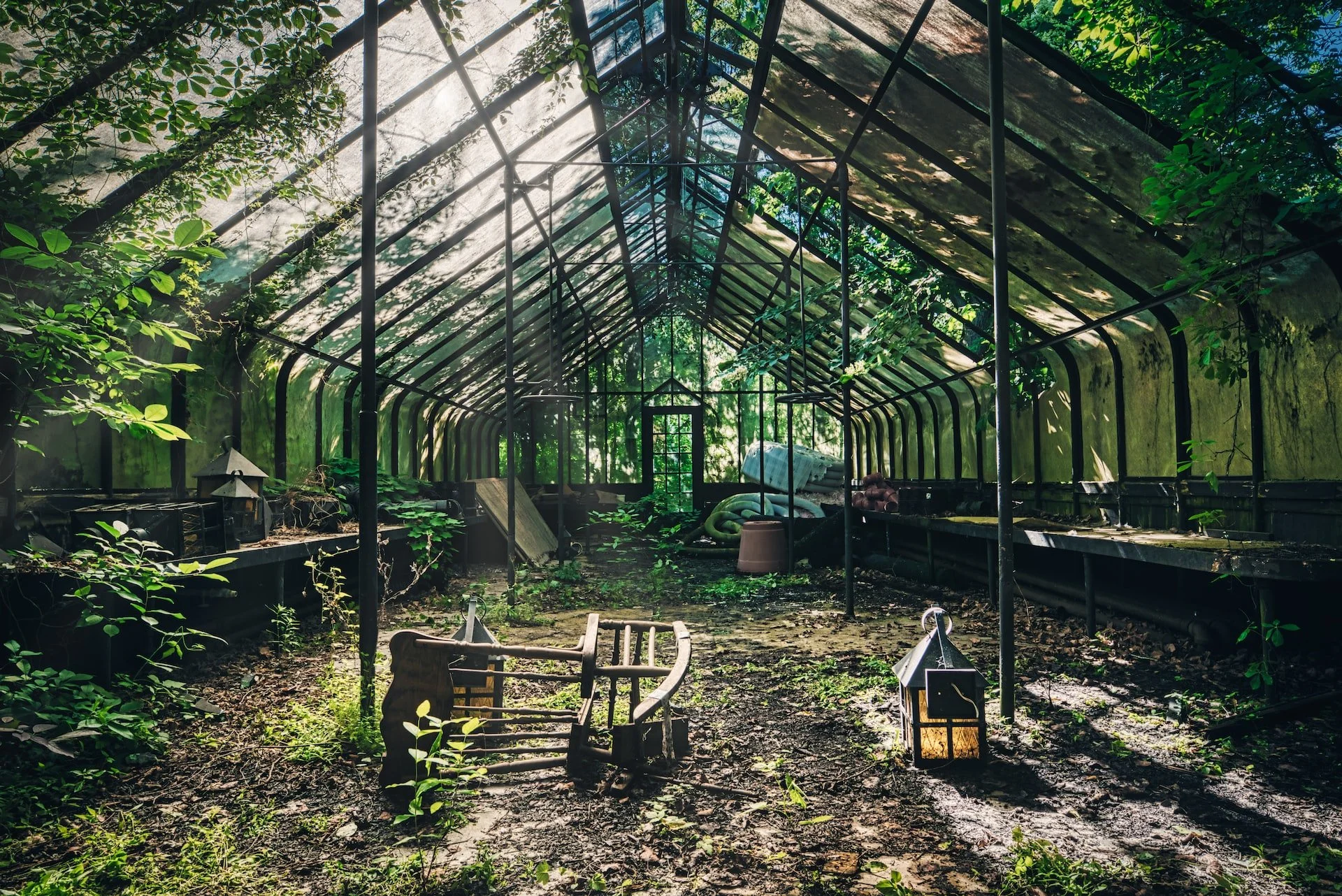Image Credit | JF Martin
I visited my grandmother, my mom’s mother, for the last time a little over three years ago. I didn’t see her all that often — a few times a year when I was in town I’d make a trip over to her house. I’d spend about an hour and chat with her and then be on my way.
Get in and get out was the name of the game.
There was always this feeling of anxiety before I’d visit her. This sense of needing to armor up in a way - to prepare. I’d think ahead about what was going on in my life that seemed acceptable and safe to share. Or I would think about something specific to ask her about.
I had this fear that one day I was going to say the wrong thing, somehow offend her, or overstay my welcome. She and my mom had a rocky relationship and I had this fear that one day she’d lash out at me like she’d done to my mom.
Being with her always felt like shaky ground. And I had to be careful.
What I’ve come to know is that there’s this way we have of saying no to ourselves.
Shut up. Be quiet. Be good.
The constant thrum of there’s-something-wrong-with-me that pumps through our blood. The undercurrent upon which all things have been built.
And to get down to it - to actually reach these messages where they live feels like chipping away at a mountain made of solid rock. Not physically possible.
So instead, we defend. We build walls to protect ourselves as best as we can. We amour up. We get addicted. We go quiet. We numb. We blame. We shame. We over-consume, overspend, overeat. We hide. We under-live.
Each and every time, abandoning ourselves.
It is something that’s been quietly passed down for generations: We are not ok. There is something deeply wrong with us.
There’s a deficiency there. This infection lurking under the surface.
We can’t see ourselves. We cannot see others. We’ve put up walls against ourselves and those we love the most.
It’s this strange dance. No one has ever shown up for me so I’m going to defend and protect and be the same way with you. Hold the walls up.
I won’t acknowledge you. I can’t listen and really hear you. I cannot truly be and share anything real with you. I cannot look and see your light.
There is no letting the walls down because that would be annihilation. We would not survive it.
And yet here we are. Craving to be seen. To be loved. To really know each other. To feel connected to each other. To know and love ourselves.
There’s this well of sadness and grief that lives in our hearts. It’s been collecting for decades. It feels deep and bottomless. And even skimming those waters feels deadly. Like we could be sucked in and never come back to the surface.
This is the legacy of dysfunction. It has lived in our bones and pumped through our blood for generations.
I made it out that day — that last time I saw my grandmother. I didn’t offend or displease her. In fact, we had a nice visit.
And I remember driving away from her house with a weird feeling, wondering what was up with her. There was something different about her that I couldn’t quite put my finger on. Her face looked different to me. And I remember a specific moment, something eerie about one of the pauses in our conversation. There was something in that space.
She died a few months later. And my mom and my sister and I knew nothing. We had no idea she was sick. Until the call came one night that she had been in the hospital for weeks and was dead.
But this was her wish. She didn’t want us to know she was sick and dying. And it felt like the ultimate armoring. The last sad withholding.
I can see that this is the legacy of generations of dysfunction.
Of abandoning ourselves. Abondoning others.
Cutting off.
The legacy of unhealed wounds.
Of shame and infidelity and betrayal.
Of addiction and secrets and tragic deaths.
I’ve hesitated for so long to tell this story. Am I allowed to? Will I get in trouble? But I know that keeping it quiet is part of the whole dynamic.
And I’ve cycled through a lot of emotions around my Grandmother and her life. Feeling angry at how she treated my mom, and how she left this world. Grief for all that has been lost and the relationship that I never had with her.
I seem to come back to a place of wondering what it was like to be her. To live her life in the way that she did.
I’ll never know because we can never know what it’s like to be someone else. To have their life experience. To see through their eyes.
What I do know is that deep down underneath all the coverings, below the hardened exterior and the withholding, there was love there.

